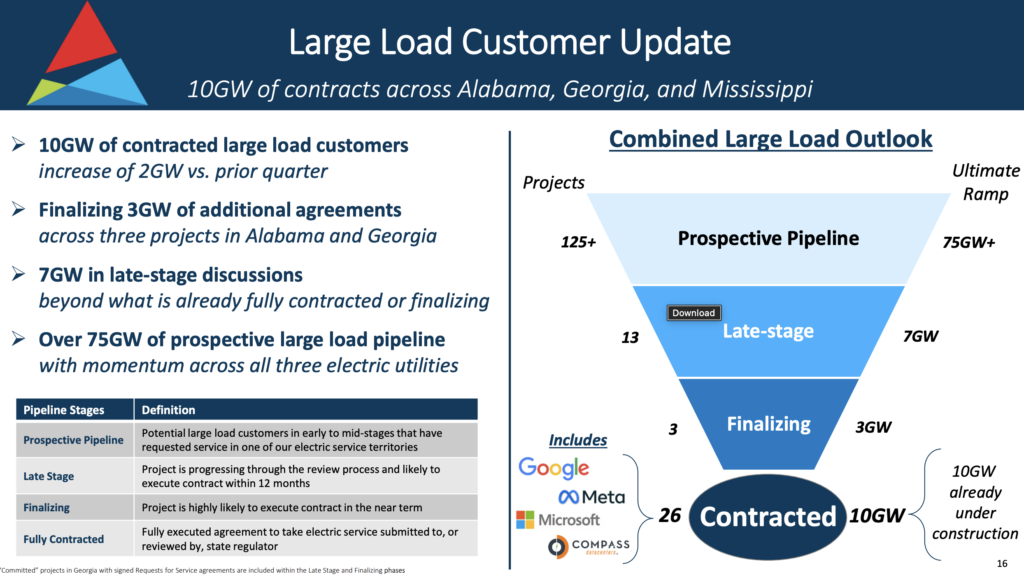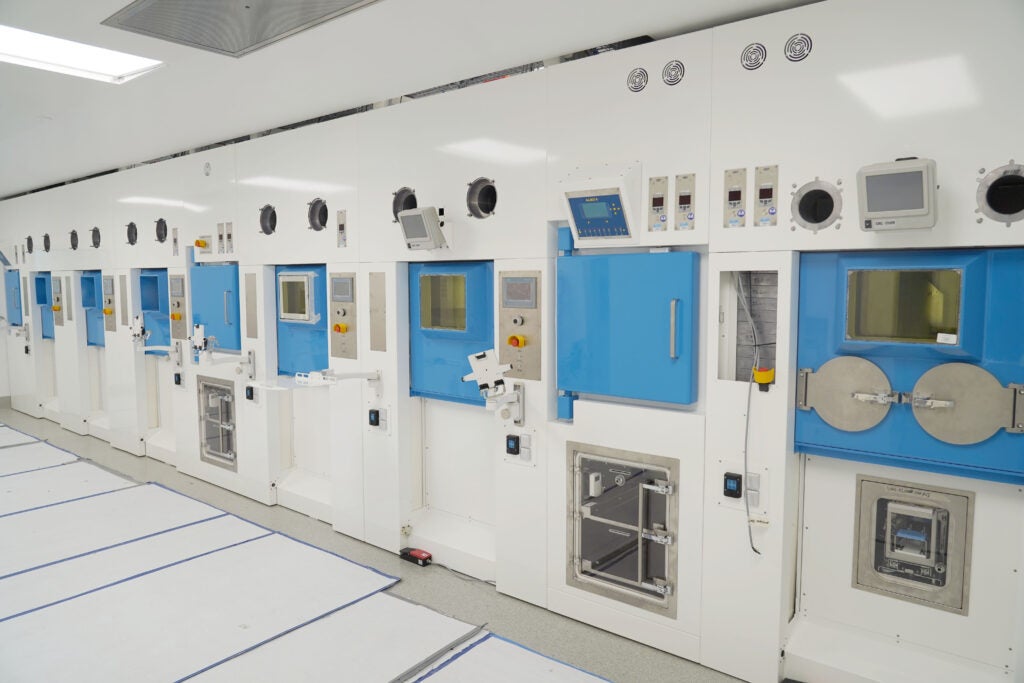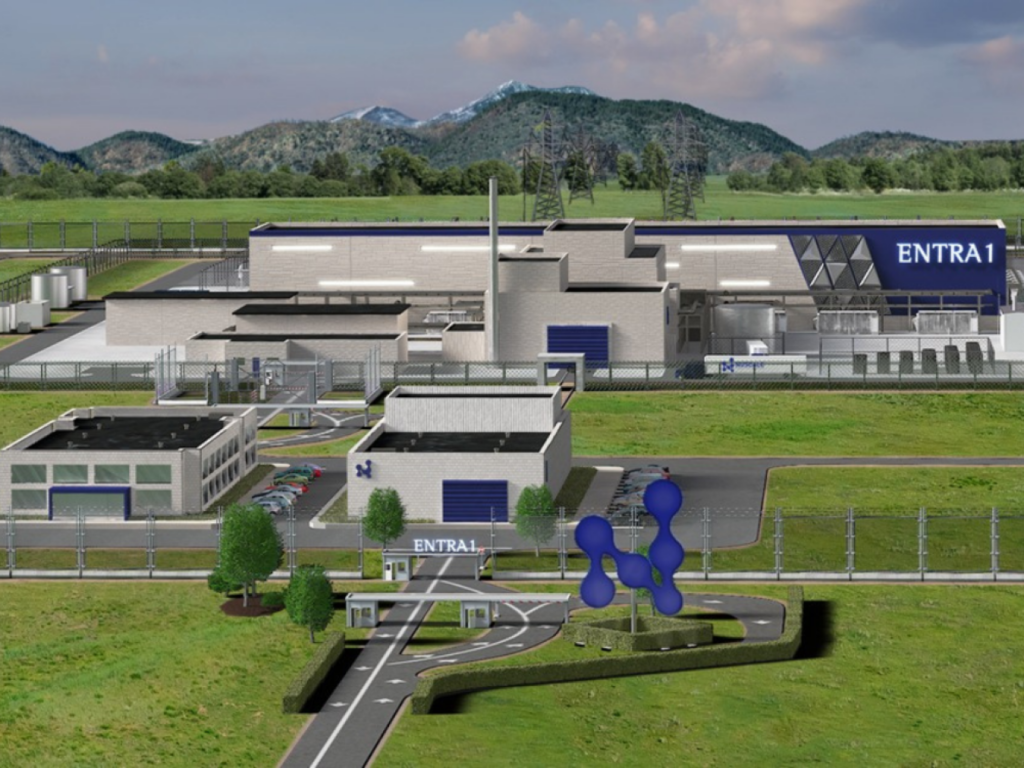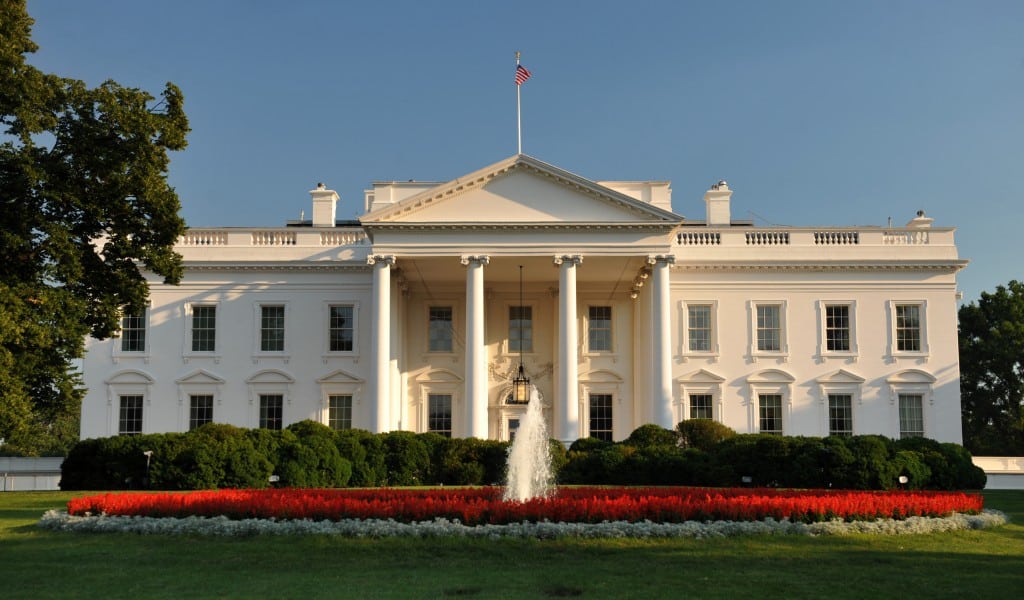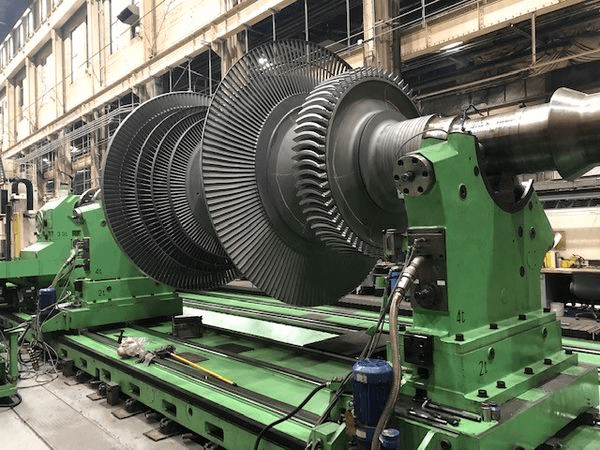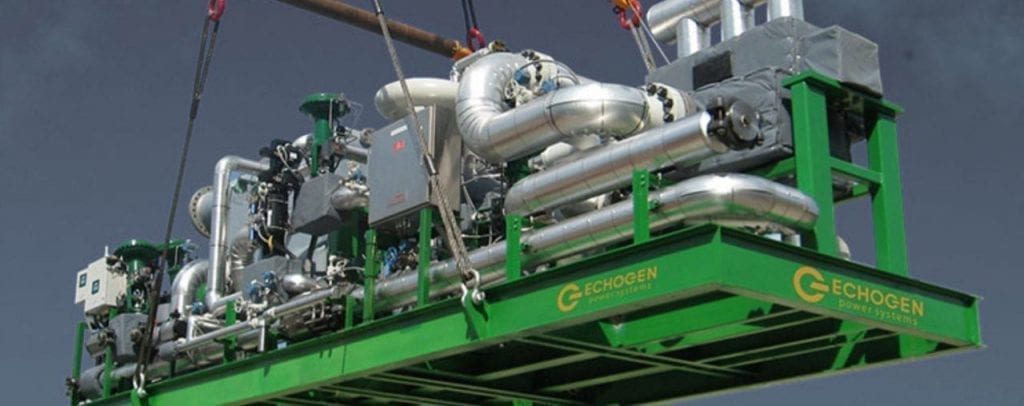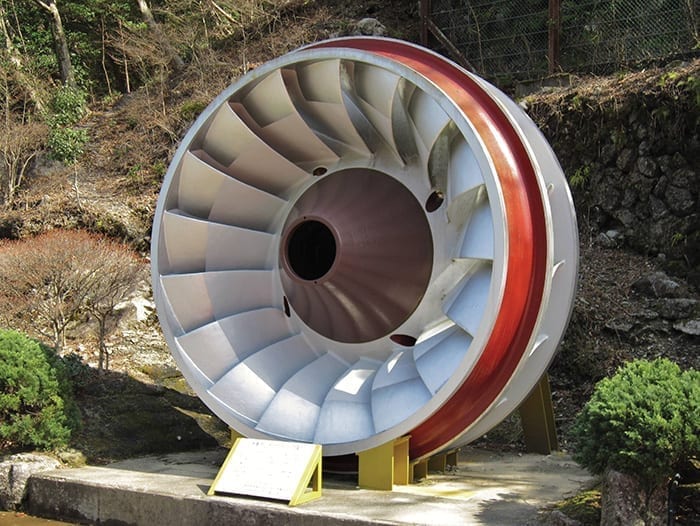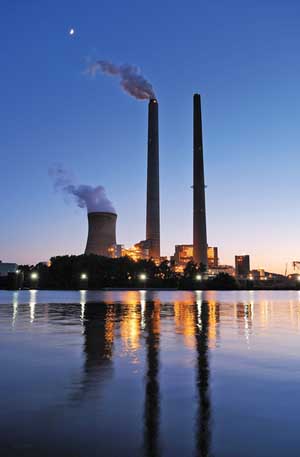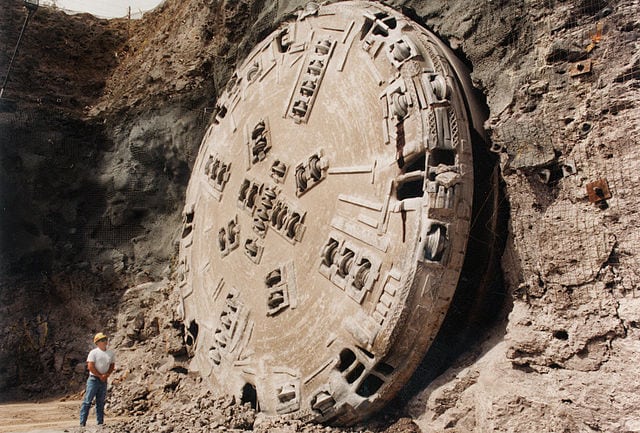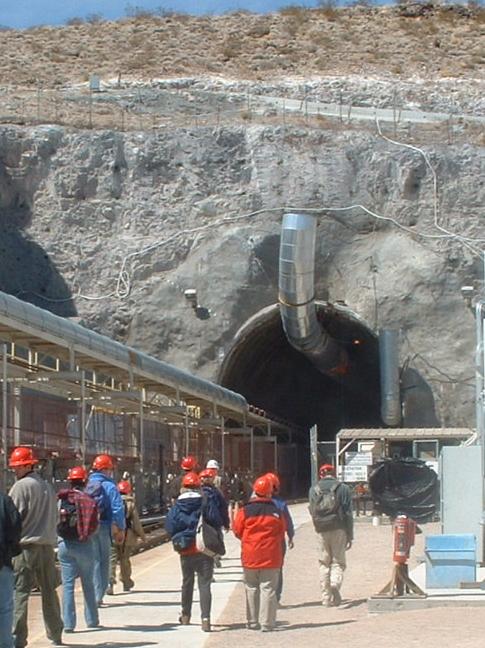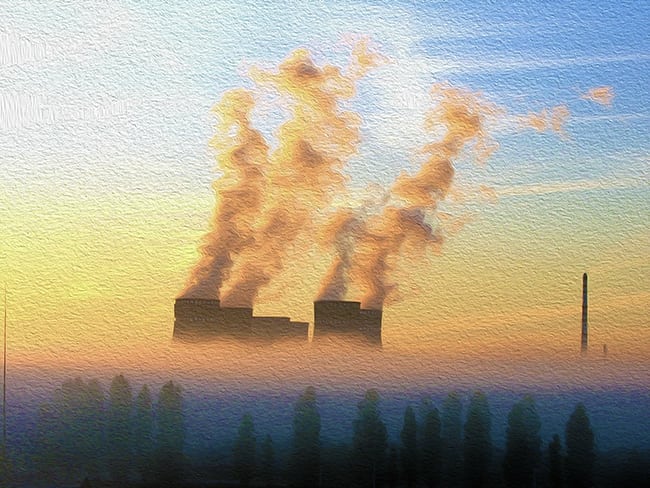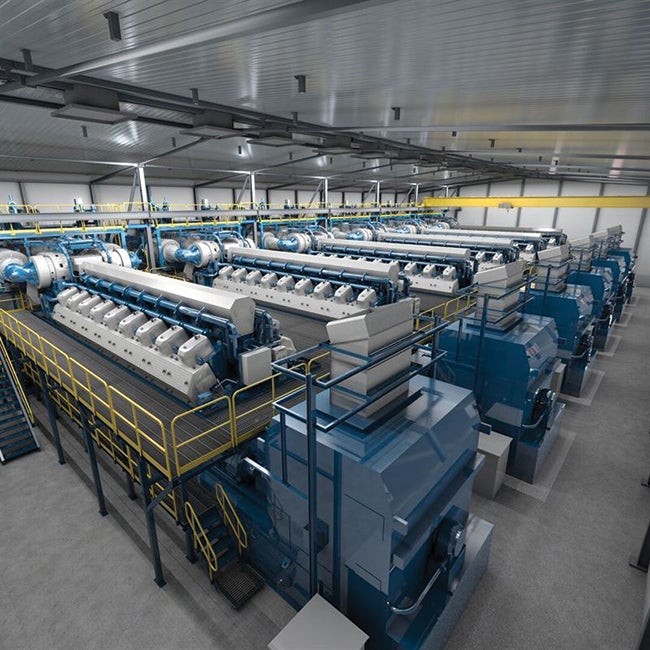A three-judge panel of the U.S. Court of Appeals for the District of Columbia heard oral arguments last week in a case that examines whether the Nuclear Regulatory Commission (NRC) should be required to continue the licensing process for the Yucca Mountain nuclear waste repository proposed for Nevada.
The 1982 Nuclear Waste Policy Act (NWPA) and amendments to that federal law direct the Department of Energy (DOE) to consider Yucca Mountain as a primary site for the nation’s first geologic repository. The law is still effective, plaintiffs—including the states of Washington and South Carolina—claimed last week. The NRC argued it could not resume licensing processes because it lacked funds.
Just reinstating its electronic database of the repository’s documents would cost the NRC $6 million, claimed NRC senior attorney Charles Mullins. Using $10.4 million of allocated funds, the regulatory body could resume the case for a short period and at least release its views on whether the site might be safe, countered Washington State Assistant Attorney General Andrew Fitz.
Reports said judges seemed split on both claims. "How can the agency justify ignoring a mandate?" Judge Brett Kavanaugh asked Mullins. According to the Las Vegas Sun, Kavanaugh also reportedly said the case presents a concerning "shift of power" if an executive agency can "disregard a statutory mandate even if there is money remaining."
Judge Merrick B. Garland reflected that though the government holds about $29 billion collected from utilities for the disposal of nuclear waste, Congress had stopped appropriating that money for the Yucca project. "Congress is telling us something here,” he reportedly said. “They could have said, ‘Take as much as you need to do what we told you to do.’ Instead, they said, ‘Take zero.’ ”
Law firm Van Ness Feldman reported that the court last week ordered the Department of Justice to submit a brief on the issue by June 1 and ordered the NRC to respond to the Department of Justice’s brief by June 8. The court’s decision on the matter could be issued at the end of the court’s spring term.
The Death of Yucca—and Its Resurrection
At issue is whether the Obama administration overstepped its authority by cancelling the congressionally designated permanent spent fuel waste repository in 2009. That decision led the DOE to withdraw its 17-volume, 8,600-page license application from the NRC to build the project in March 2010 and set off a legal firestorm.
Congress selected Yucca Mountain as the nation’s sole repository site for deep geologic disposal of high-level radioactive waste and spent fuel in 2002. In June 2008, the DOE submitted to the NRC its license application to build the repository, having already spent about $9 billion on the project. But the Obama administration slashed funding for the project in 2009, prompting Energy Secretary Steven Chu to withdraw the DOE’s license application in March 2010.
In June 2010, a three-judge panel at the NRC’s Atomic Safety and Licensing Board (ASLB) ruled the DOE’s withdrawal of the license application “with prejudice” was illegal because it superseded the DOE’s authority under NWPA of 1982.
The D.C. Circuit in July 2011, meanwhile, rejected a lawsuit by Washington State, South Carolina, and the National Association of Regulatory Utility Commissioners (NARUC) that alleged the DOE’s decision to “irrevocably terminate the Yucca Mountain project in favor of an unknown and yet-to-be identified alternative” violated not just NWPA but also the National Environmental Policy Act and the Administrative Procedures Act.
The court ruled that the state’s suit was premature because the commissioners at the NRC had not taken action on the ASLB’s decision. This prompted those parties to seek a writ of mandamus against the NRC, seeking to compel the federal body to issue a decision in its review of the ASLB’s order.
The NRC split 2–2 in September 2011, neither upholding nor rejecting the decision by the ASLB. In a written decision, however, the NRC directed its licensing board to close out work on the project by Sept. 30, citing funding constraints.
Washington State: Aging Hanford Tanks Pose Threats
Washington State, which hosts and oversees the cleanup of two-thirds of the nation’s defense-related radioactive waste at the Hanford Nuclear Reservation in the Tri-Cities, has been a vocal opponent of the DOE’s withdrawal of its Yucca Mountain application. Hanford, it said, has roughly 53 million gallons of nuclear waste stored in 177 large underground tanks—but 149 of these tanks are 42 years beyond their expected 25-year design life.
“Of the 149 tanks, more than one-third are known or suspected to be leaking, releasing roughly 1 million gallons of waste to Hanford’s surrounding soils,” the state’s Office of the Attorney General said last week. “Hanford lacks the storage capacity to retrieve the waste from these tanks until the waste treatment and disposal process is underway.” Design and engineering for a $12.3 billion waste treatment plant in Washington with standards specific to the Yucca Mountain facility are 78% complete and construction is 48% complete, the state said.
Last week, Fitz, the state’s senior counsel, urged the D.C. Circuit to force the NRC to move forward in the licensing process, issue a decision within 14 months, and break the “logjam preventing completion” of the national repository.
“Millions of hours and billions of dollars have been spent to research the safe disposal of our treated high-level waste and that of other states at the Yucca Mountain facility,” Washington Attorney General Rob McKenna said in a statement. “We also note that, over the last two plus years of discussing this topic, the administration has yet to provide any scientific evidence sufficient to remove Yucca Mountain from consideration.”
For more on the Yucca Mountain project proceedings and U.S. spent fuel waste policy, see “The U.S. Spent Nuclear Fuel Policy: Road to Nowhere” in POWER’s May 2010 issue, and a November 2011 follow-up, “The U.S. Spent Nuclear Fuel Policy, Part 2: Playing Hardball.”
Sources: POWERnews, POWER, Washington State Office of the Attorney General, Las Vegas Sun


